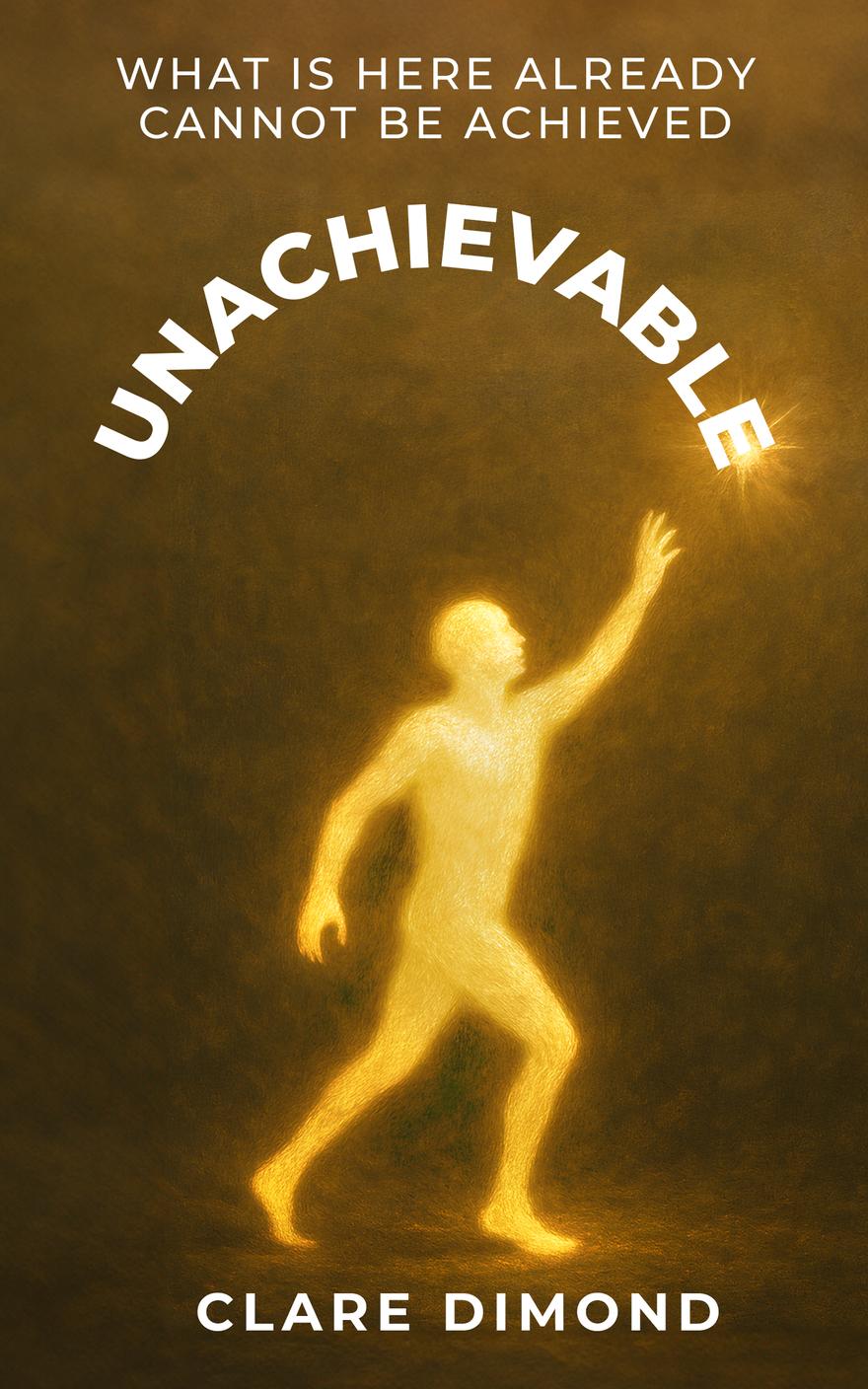Creative block: Identity wants make creation risky

[Excerpt from Unachievable]
I’m writing a book. It’s going to be a bestseller. I keep picturing myself walking up to the podium to collect my awards. It’s so exciting. My family are all there, beaming up at me from the audience, so full of pride.
How’s the writing going?
Not very well to be honest. Nothing I write is measuring up to my dream. To be honest I’d be embarrassed for anyone to read it.
There are several questions that my clients hear over and over again from me.
One of them is: Is this about you, or is it about the thing?
Other versions of this same question are:
Is it about the doer or the doing?
Is the aim here to secure the Identity, or is it to learn more?
And of course… is this Unachievable?
If an activity or goal has to guarantee that it will bring a sense of wholeness, then the mind is caught in the blockiest creative block of all time.
Writing is a Form Want. Writing every day is Form Want. Writing a book is a Form Want. Following these wants will open up a world of possibility.
Along the way, so much will be learned about writing, how it happens, how it works and what creates impact.
Along the way, the Unachievable Wants associated with writing will also be revealed.
A mind engaged in writing and learning about writing is a mind in the here and now. It is open to both real-time information, to the mystical subconscious process of flow and to the revelation of what we really are.
Even if the writing is about life on another planet in an 8th dimension in the year 4000 - the mind is still sane in its creativity.
On the other hand, a mind that is trying to use writing to secure a conceptual idea of a self that doesn’t exist…
Identity Wants make creation risky because no creation or creativity can ever make an Identity of separation whole.
Foundation Membership
A sanctuary for exploring the truth of who you really are.
You’ve spent years looking through books, courses, podcasts, teachers, therapists, practices.
Moments of peace arise, only to dissolve again into anxiety, stress, seeking.
The Foundation Membership is a space for deep, direct exploration of what you truly are—beyond the layers of thought, belief, identity and resistance.

0 comments
Leave a comment
Please log in or register to post a comment